Sustainability
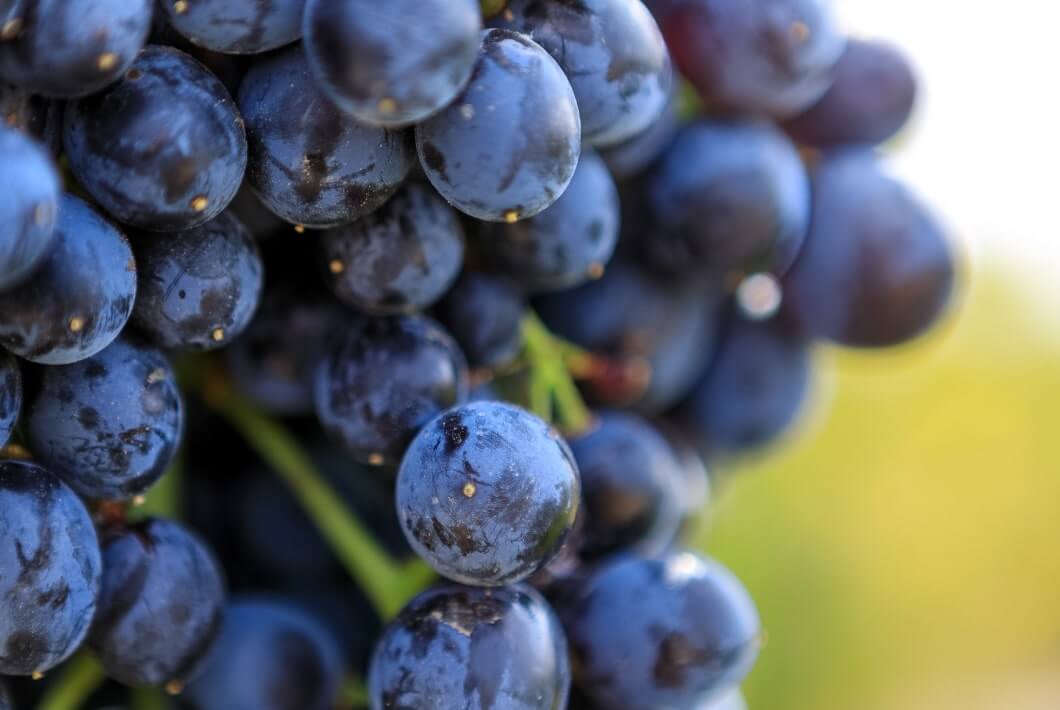
Sustainability
Sustainability has always been central to the history of the companies that are part of the Duca di Salaparuta Group, long before its three pillars (environmental, social and economic) were defined, and has been implemented in many ways ever since the historic Wine Cellars were founded. The Duca di Salaparuta Group has now decided to initiate a certification process in order to give visibility and recognition to all its sustainable activities, and has chosen to become VIVA and Equalitas certified.
‘I have always taken a keen interest in sustainability as I feel it is the only way to achieve a more equitable and exploitable world for future generations. In Duca di Salaparuta I found the challenge I was looking for. Sustainability is embedded in the company’s DNA as a result of its history and the role it has played over the years, but also due to its wealth of content, the technological investments that have made it stand out and its managers’ points of view. In pursuing the VIVA and Equalitas certifications, we wanted to give visibility to everything that Duca di Salaparuta has to offer to the Sicilian winemaking industry, with regard to sustainability and other aspects, and that it has always strived to achieve with its great determination and expertise. It has also been a way for us to measure ourselves against nationally and internationally recognised standards and to contribute by bringing our perspective too.’
Claudia Piccinini
Quality Assurance and Food Safety Manager of the Duca di Salaparuta Group
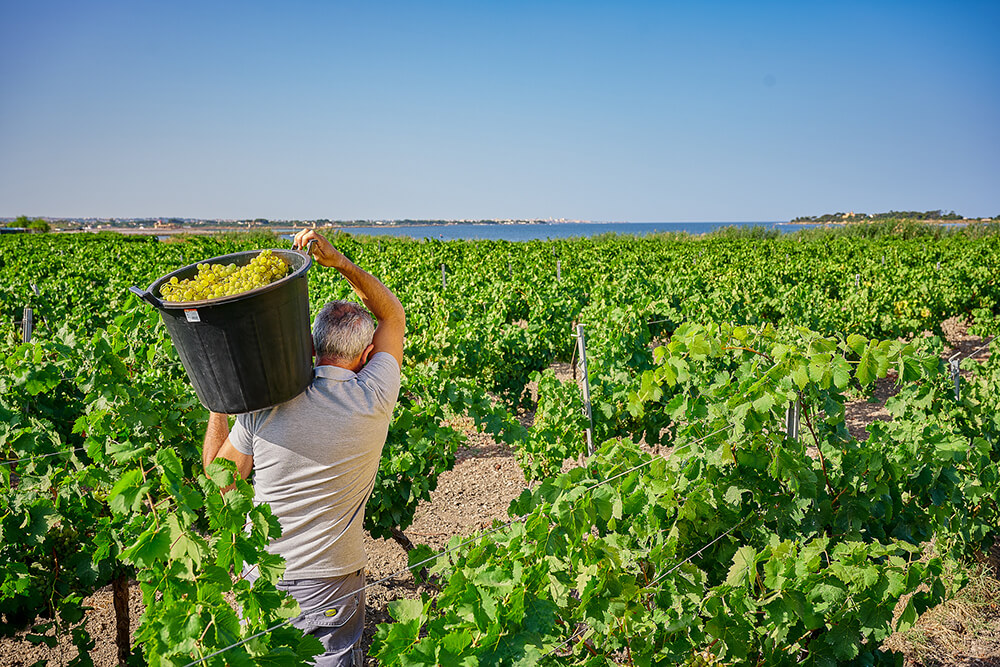
Florio
The Florio Wine Cellars, built out of tuff stone by Vincenzo Florio in 1833 and equipped with a natural ventilation system, have always been a prime example of sustainable architecture, with a strong focus on the use of local raw materials and workforce, now as in the past. The fact that they are still in operation, have been enhanced and, especially, that they have always been open to the public, allowing visitors to learn more about an important chapter in Sicily’s production history, are the closest thing to cultural sustainability one can imagine.
Moreover, Marsala is a sustainable wine by definition, as regards production methods and from an oenological perspective. Today, we are able to enjoy the Marsala wine created by our predecessors and, in turn, we are shaping the product that will be consumed by future generations: they will be able to see our present reflected in the wine glass, thanks to extremely attentive winemaking, which stems from a deep and secret bond with the winery and the vineyard. It is an intuitive form of art that allows us to determine the exact moment when the overripe grapes, sapid from the seawater, need to be harvested and when the Marsala needs to be moved to another container, wooden barrel or area of the wine cellar.
A Marsala wine that falls under the Marsala DOC category, one of Italy’s oldest designations of origin, which adds value to the entire region, sustains the social fabric and promotes the consumption of Marsala wine, and therefore speaks of social and economic sustainability.
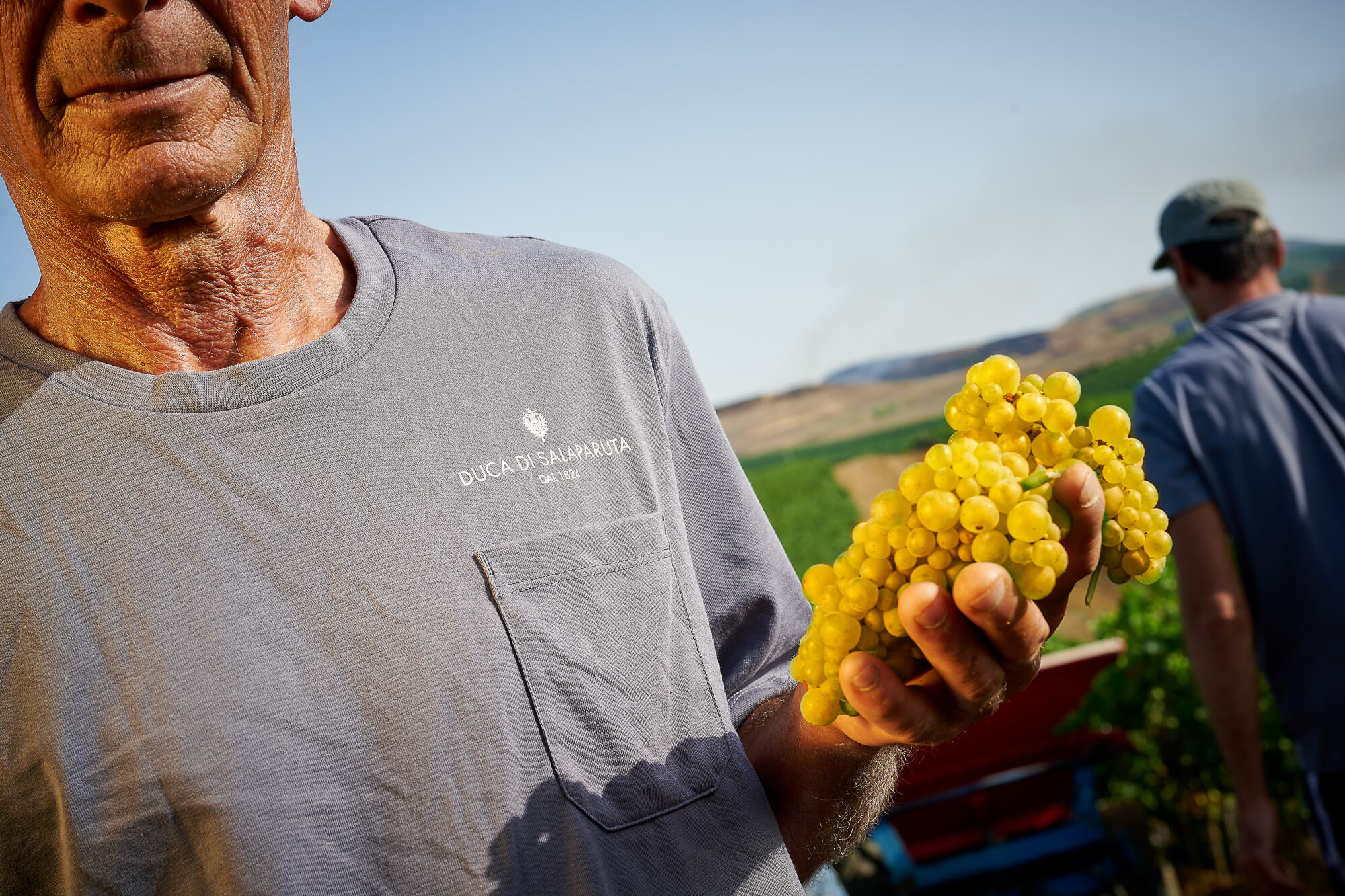
Duca di Salaparuta
The history of Duca di Salaparuta goes back almost 200 years and is the perfect combination of tradition and modernity.
In fact, Duca di Salaparuta is the company that has modernised Sicilian winemaking by creating Duca Enrico, the first bottled Nero d’Avola wine, and by contributing to its transition from bulk wine to bottled wine, in a trade segment that has ennobled the entire Sicilian production chain, offering economic and growth opportunities for the entire Sicilian winemaking industry. This growth goes back a long way, back to the days of the Alliata family, who was the first to leave Sicily to go and study oenology in France. It then sparked a radical change in the way Sicilian wine was conceived, which was thus imbued with elegance, sophistication and style.
Today, this spirit is still very much alive in the Duca di Salaparuta wines, in the genesis of a historic wine or in the creation of a new wine, focusing on the human factor: people who live in close, daily contact with the grapes, guiding their growth to the point where they become both a total expression of a territory and a materialisation of human vision. This approach to environmental sustainability starts with choosing the land that is naturally best suited to growing the chosen grape variety, which have good ventilation, are close to the sea and have a mild climate, so that less work is needed in the vineyard. The Duca di Salaparuta Estates – Suor Marchesa, Vajasindi and Risignolo – are managed through an integrated production system, which includes agronomic and phytosanitary practices that limit the choice of plant protection products and the number of treatments, and only allows mechanical weeding. The vineyard and its fruits are therefore treated with the utmost respect and can be appreciated in full in the wine glass, also due to the fact that the winery is managed in an equally sustainable way.
This approach translates into Suolo, a new project with a strong identity, which originates from the fertile and prosperous land that the vine sinks its roots into to thrive, and which is the result of a meticulous selection process carried out by the agronomist in the countryside and by the oenologist in the winery. The choice of specific parts of the vineyard within the Duca di Salaparuta Estates, featured on the label that says a lot about them, is the ultimate expression of the concept of zoning and of the strong connection with the land where our vineyards grow. This closeness is what makes it possible to choose the most suitable soils in order to create a new wine and preserve the natural qualities of the plant.
Within the Risignolo Estate, Duca di Salaparuta’s agronomists and oenologists have personally selected the most suitable rows of vines to offer, at the wine cellars, a Zibibbo wine with a pure essence, rich in Mediterranean sensations, which has a very modern and fresh aroma in the glass. The choice of this part of land, which is mainly clayey and calcareous, but has some sand in it too, and the fact that it faces south, where the sun is stronger and therefore grapes ripen earlier, are all factors that helped the oenologist develop the intense aromas of this wine. In fact, it offers a new interpretation of the typical flavours of this aromatic grape variety.
This is also what happened in the heart of Sicily, on the Suor Marchesa Estate where, on Soil No. 3, in just 4 hectares of north-facing land, Duca di Salaparuta’s Sauvignon Blanc found its home. This part of the vineyard, where the soil is mainly calcareous, is where this rich and well-structured – yet crisp and fresh – wine originates, for which the agronomist and oenologist painstakingly select the best grape bunches and carefully make them into wine, after which they are left to refine in barriques.
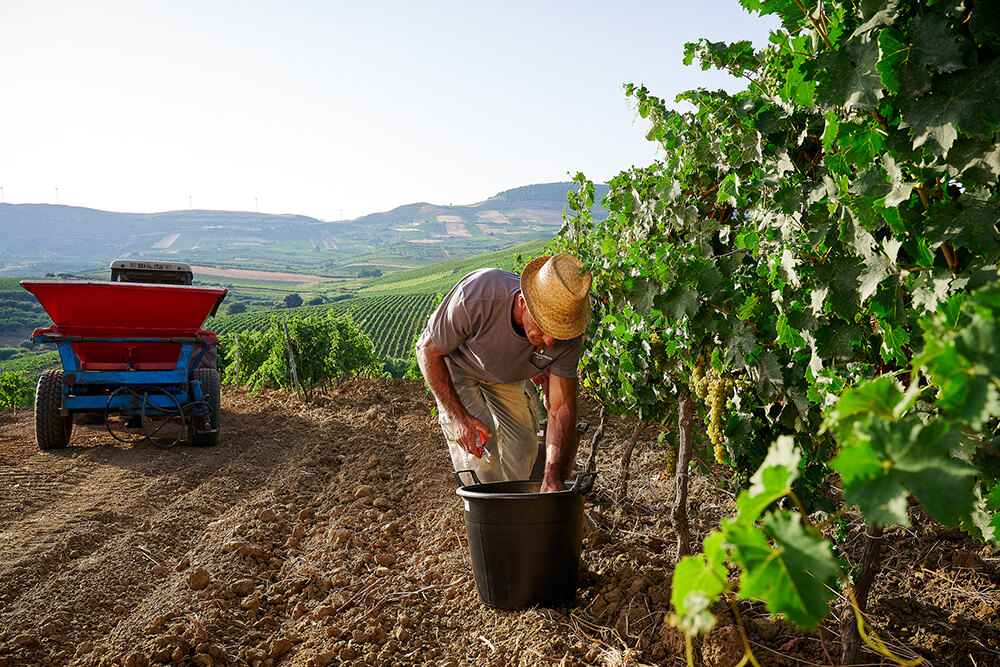
Corvo
Corvo is a historic brand that has successfully renewed itself over the years while retaining its distinguishing features, thanks also to the use of cutting-edge technology in the production of its wines. The company, which has a long-standing tradition of innovation (Corvo Bianco was the first wine to be bottled in Sicily in 1824), has equipped itself with modern technology used in both the wine cellar and during the bottling process, integrating and allowing the various corporate software to communicate, thus reducing waste and processing times. The systems in the winery have been designed to ensure the optimal management of water by recovering it. Moreover, all the systems are managed so as to optimise consumption and minimise losses. Environmental sustainability is therefore based on saving energy and essential raw materials, but economic sustainability also plays a crucial role thanks to the use of Sicilian workforce and suppliers, some of whom have been working with Corvo for decades. Corvo wines are everyday wines that bring quality to the table at a fair price and that showcase Italian know-how worldwide. A philosophy well represented by Irmàna, exclusively from hand-picked grapes and raised respecting the territory and the vineyard. Wines looking to the future, enhancing Sicily and its native vines thanks to the work of care and listening to the land, which is also found on the label through the use of recycled materials for the label and glass, and 100% recyclable corks (with carbon footprint equal to 0), which elegantly tell a world made of sky, sun and wind.
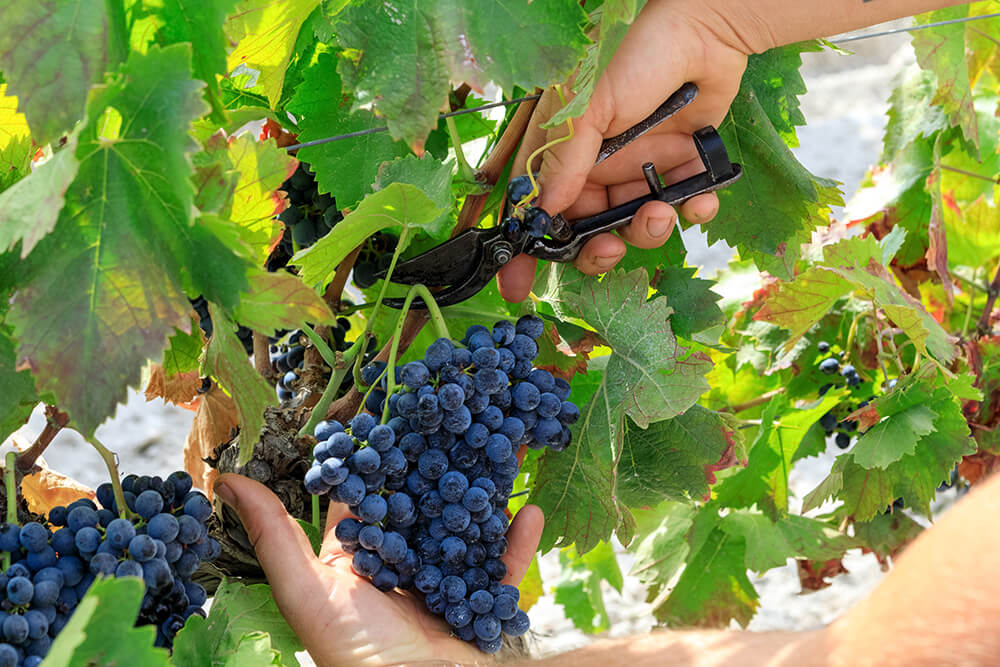
Economic sustainability
Duca di Salaparuta financially supports the local area by purchasing grapes from well-established Sicilian grape suppliers and by directly running several vineyards. It is also determined to always offer its suppliers a fair price.
Duca di Salaparuta generates sustained economic growth and, in particular, has the ability to generate income and employment to sustain its employees and allied industries. The company has a management control system, which allows it to monitor costs and evaluate investments.
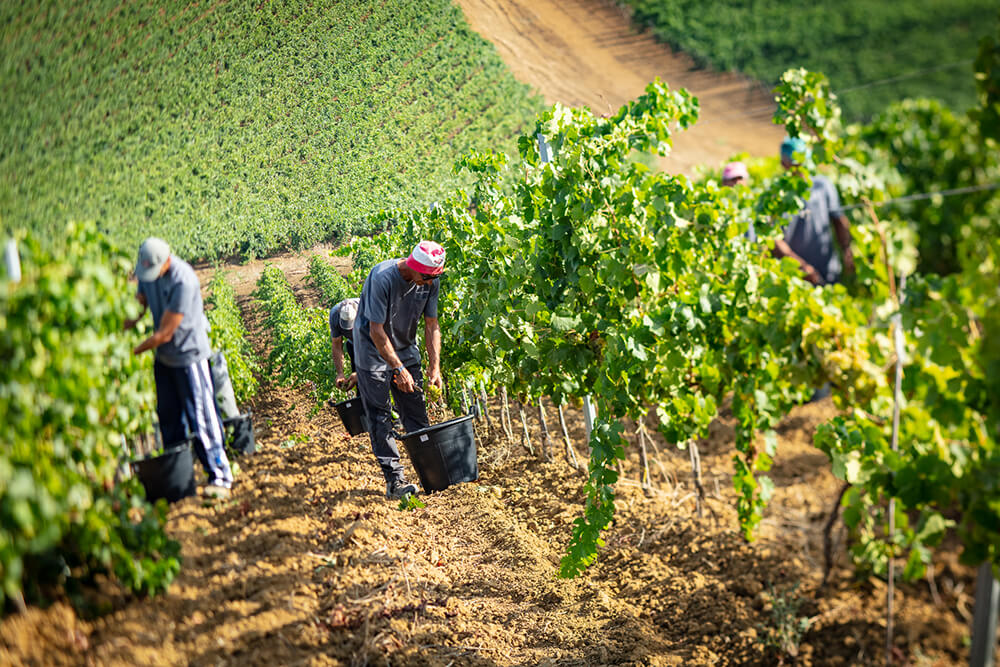
Social sustainability
100% of grape suppliers are Sicilian
The company makes sure that the main labour rights are respected (see the ILO conventions), that national collective bargaining agreements are applied for its staff, that freedom of association is guaranteed, that child labour is prohibited, that checks are carried out to ensure that the mandatory occupational safety regulations are complied with, and that a plan is in place for staff training activities. In this way, the company is able to have a very low staff turnover rate.
The company promotes the local area by organising food & wine and cultural events held in the Wine Cellars and in other locations.
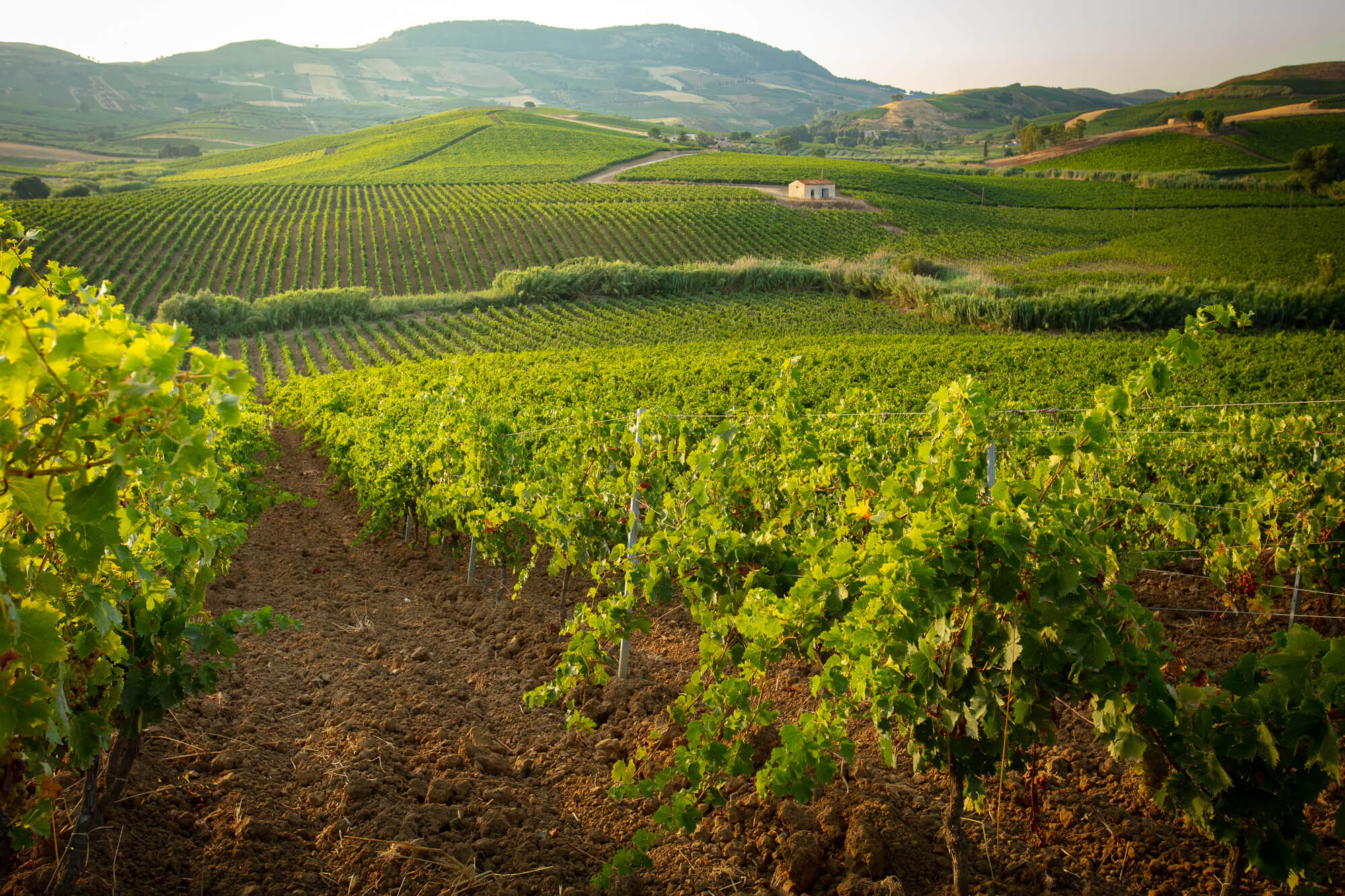
Environmental sustainability
The company has been certified to the ISO 14001 – Environmental Management System standard since 2001. This certification guarantees that significant environmental aspects are identified and that the related environmental impacts are dealt with. It also guarantees compliance with all applicable environmental legislation.
Sixty-five percent of the labels in the Irmàna product line are made from recycled paper, while 100% are made from paper from FSC certified forests (Forest Stewardship Council: this is an international, independent and third-party certification for the forestry sector and forest-derived products that attests to the fact that certified materials are sourced from responsibly managed forests and supply chains). Seventy per cent of the cardboard used for packaging is made from recycled materials. The cap is made from biomass and is 100% recyclable.
The company recovers 100% of waste materials (plastic, paper and cardboard, and glass). Moreover, the sludge produced by the water purification plant and pruning waste are entirely reused to produce compost.
In 2019, by using cork stoppers, we saved 827.2 tonnes of CO2
In 2010, a photovoltaic system consisting of 1,100 panels, with a peak of 335 kWh, was installed on the roof of the Aspra winery. Over a ten-year period, the total savings amounted to about €1,200,000, which allowed the investment to pay itself off. From next year onwards, these savings will translate into profits for the company.
The barrels used to produce our wines intrinsically pursue a path of sustainability:
1. In the first few years they are used for ageing Duca di Salaparuta wines
2. They are then used in the Florio Wine Cellars where Marsala wine is aged for about ten years
3. Finally, they are shipped to Ireland where they are used for ageing whisky

V.I.V.A.
Initiated in 2011, the V.I.V.A. Certification programme is aimed at measuring and improving the sustainability performance of the Italian winemaking supply chain. This allows companies to take stock of their use of resources and measure their improvements over time. At the same time, it is also a valuable tool for consumers, who can easily and intuitively assess the sustainability and the environmental, social and economic commitment of the winery whose wine they are purchasing.
The VIVA certification of an organisation mainly assesses environmental sustainability, focusing also on the effects of the company’s activities on the local area, in terms of protecting biodiversity, safeguarding and enhancing the landscape, and on the community, in terms of social and economic consequences. It is based on the LCA (Life Cycle Assessment) methodology, which means it covers all the activities carried out by the company that affect the life cycle of the product, from the moment the grapes arrive at the winery to post-consumption stages, including the packaging’s end of life. The company is assessed by an independent third party in order to evaluate the impact of its activities on the environment in a broad sense; not only in environmental terms, by measuring the consumption of non-renewable resources and CO2 equivalent emissions, but also in social and economic terms. This involves monitoring worker well-being, compliance with contractual provisions and occupational health and safety regulations, as well as employing local staff and working with local suppliers in order to help develop and support local communities and activities.
A VIVA certified company must comply with specific criteria and parameters. However, what is perhaps most important is the improvement goals that are set and monitored every two years by the Ministry, through which the company can measure and improve its performance, triggering a virtuous circle that brings about a host of benefits. These primarily include constant environmental protection and the respect for natural resources (Air and Water), as well as energy and cost savings, which allow new resources to be reinvested in the local area (Local Area) from an environmental, social and economic point of view. Additionally, the VIVA Certification is a valuable communication tool that allows us to inform consumers about the efforts made by Duca di Salaparuta S.p.A. to increasingly reduce its impact on the ecosystem and to improve people’s well-being both within the company and externally thanks to the use of a transparent and consumer-friendly label that clearly specifies standardised, validated and recognised indicators throughout the country.

Equalitas
Equalitas was established in 2015 on the initiative of Federdoc and Unione Italiana Vini. Shareholders include CSQA Certificazioni, the Italian leader in the field of agri-food certification, Valoritalia, the leading certifying body for Wine Designations of Origin, Gambero Rosso and 3AVino, a company specialising in wine industry finance. The main aim of this group, which boasts a wide range of skills that are relevant to the current market situation, is to adopt a shared, objective and third-party certifiable approach to sustainability in the winemaking industry in Italy, based on the three pillars of sustainability – i.e. the social, environmental and economic pillars (as defined by the European Union in the Treaty of Amsterdam of 1997) – and to disseminate a collective guarantee trademark that will allow for direct communication with consumers and the market.
Social sustainability refers to the company’s ability to ensure the well-being of individuals (human rights, labour practices, fair operating practices, consumer protection, community engagement and development); environmental sustainability refers to the ability to maintain the quality and reproducibility of natural resources; economic sustainability, instead, is the ability to generate income and employment.
Duca di Salaparuta has chosen to adopt the Equalitas standard in order to demonstrate its commitment to sustainability, with the goal of producing sustainable products to be placed on increasingly demanding markets. Corporate certification is a way of approaching the subject, which addresses the most pressing needs of today and enables the company to objectively and systematically communicate the measures it has taken. In addition, it has prepared its annual Sustainability Report, the purpose of which is to report on the sustainability activities it has carried out, the goals it has achieved and the improvements it plans to make. As a result, not only is this certification of considerable economic and social importance, but it also has a strong communicative impact: in a clear and simple way, it assures consumers of Duca di Salaparuta wines that the company is committed to transparency and will continue to work on improving its sustainability standards.
In order to obtain this certification, Duca di Salaparuta has implemented a set of good working, social, economic, environmental and communication practices, and is committed to increasing their performance over time and to continuously improve its sustainability performance. Through this project, the company also aims to engage in a sharing process with stakeholders in order to increase awareness and promote a culture of sustainability and, especially, a culture based on continuous improvement.

